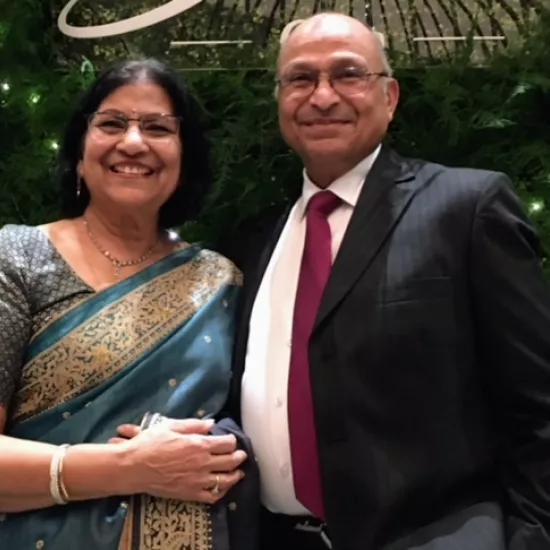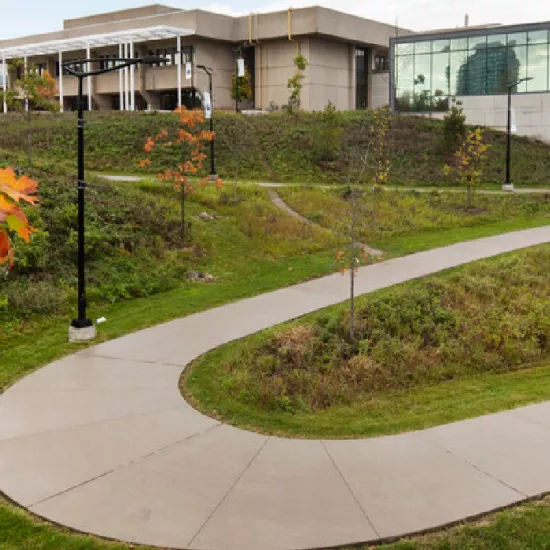A Gift of Hope


Pragnya Chakraborty was a neuroscience PhD candidate in India when she decided to devote her career to rare disease research.
“Conventional therapies target large audiences, but there are many other people with rare diseases who have nowhere to turn,” she says. That includes people with Duchenne muscular
dystrophy (DMD). Progression of the disease can be slowed, but the handful of drug options are short-acting, painful to administer and prohibitively expensive.
“The antisense nucleotide- based therapy is effective. It just requires a new delivery system that is cheaper, faster and longer acting. That’s my goal,” says Pragnya.
Thanks to the University of Toronto PRIME Fellowship and a $10,000 operational top-up from the DMD Research Fund Max’s Big Ride, the U of T post-doctoral fellow is harnessing the power of gene therapy to target the diseased gene that causes DMD. She is developing a “DNA origami carrier for antisense nucleotide delivery to target the causing gene” a collection of DNA structures that appear outwardly friendly to the DMD-causing gene. Once inside the targeted muscle cells, the origami lets loose a surprise attack aimed at reducing production of the disease protein that inhibits muscle repair and growth.
If successful, the delivery mechanism will significantly advance gene therapy treatment for DMD and establish a novel precision medicine strategy that could benefit a wide spectrum of genetic disorders.
“Max’s Big Ride is key to accelerating this work,” says Pragnya. Genetic therapy research is expensive and ongoing support is often dependent upon promising, early results. Pragnya hopes to catalyze the operational funding supported by your gift as the springboard to a larger grant.
“I’m honoured and touched to have been selected for this award,” she says. “We’re serving a bigger purpose – giving hope to people with DMD and their families and bringing about a better future.”



